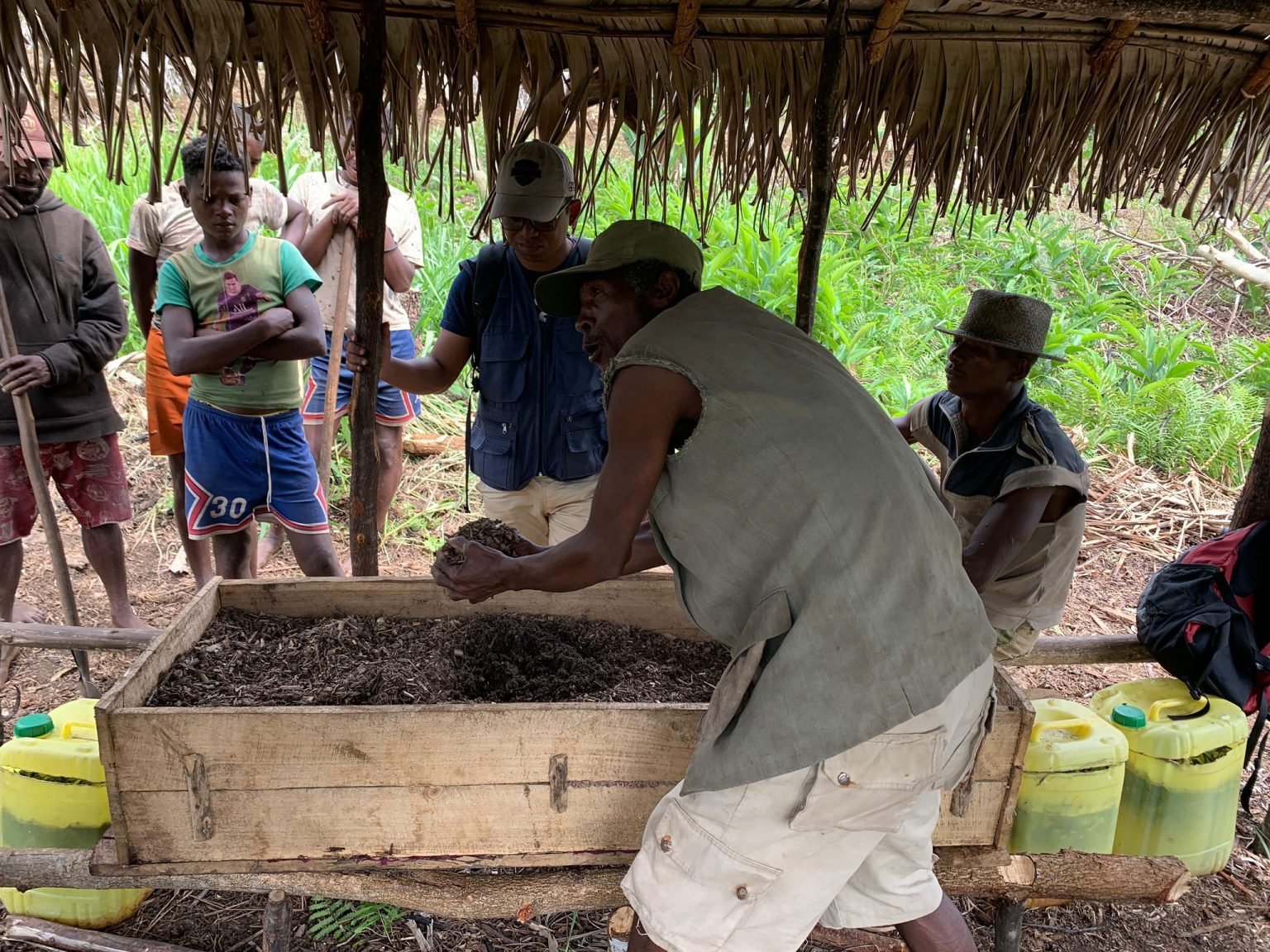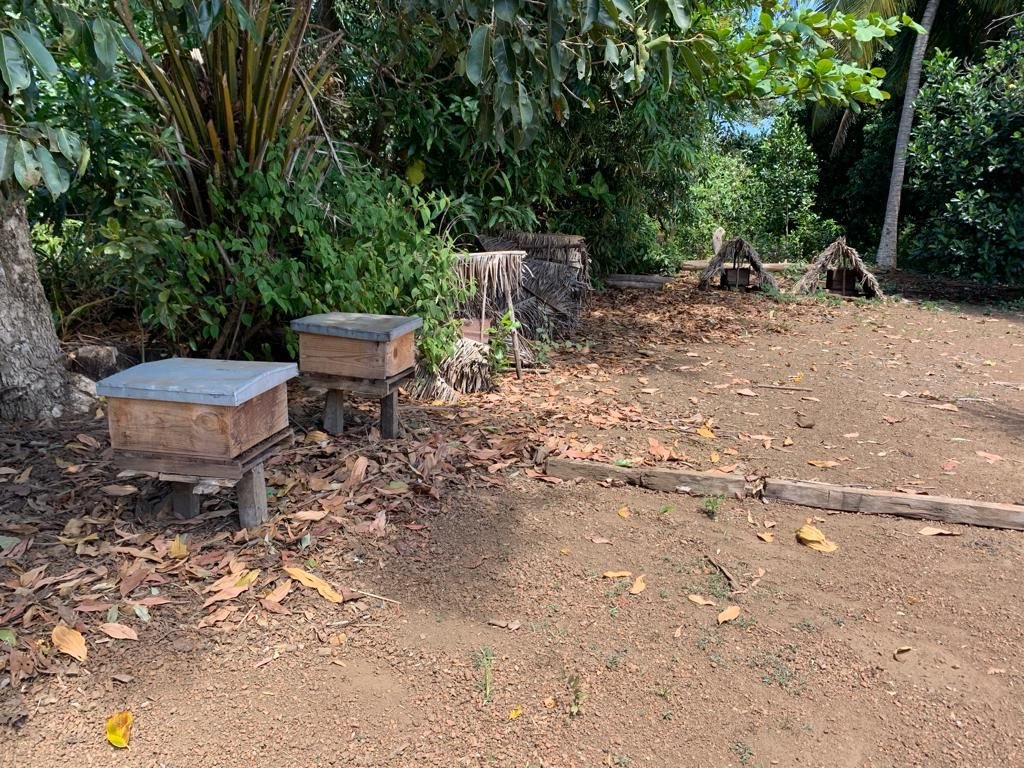Soil Improvement Program Success in Madagascar
In the past, farmers in the Manombo region of Madagascar depended on zebu manure to add nutrients and organic matter to their soil. But with zebu banditry on the rise, many farming communities no longer keep cattle, and their soil has been suffering. That's why communities designed a soil improvement program through Radical Listening.
They first asked Health In Harmony to supply zebu manure directly, but this was not a long-term solution, and communities wanted to be able to enhance their soil independently. A new solution was worm composting. Community members fed red worm farms with food and plant waste such as rice hulls, roots, leaves, stems, corn husks, fruit peels, and rotten vegetables. Now, two months later, the trough is brimming with rich, dark, moist soil, wriggling with worms.
“I asked the farmers if they liked the worm compost,” explains Health In Harmony Research Manager Nina Finley. “They gave an enthusiastic yes, and showed me a trial plot where they were growing three rows of corn seedlings with different soil conditions: no fertilizer, zebu manure, or worm compost. The no-fertilizer seedlings were the shortest, and the zebu and worm seedlings were neck-and-neck, but you could tell the worm seedlings were just a smidgeon taller.”
In 2024, technicians will support each farmer to build their own trough for their fields and seed it with worms to make compost for their crops.


